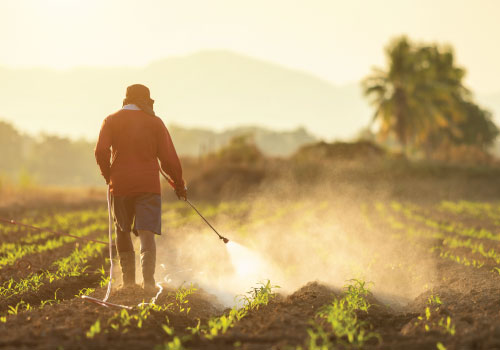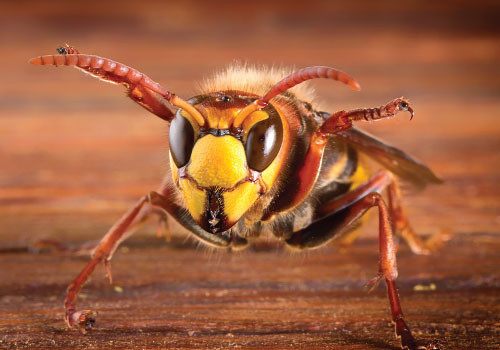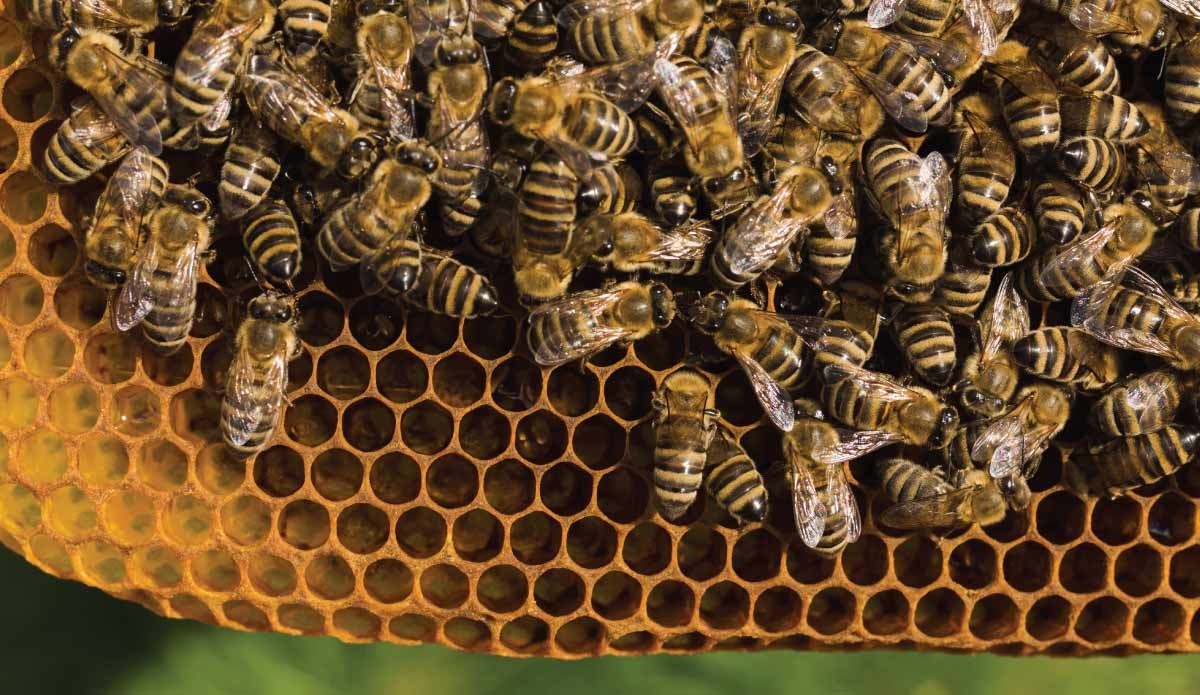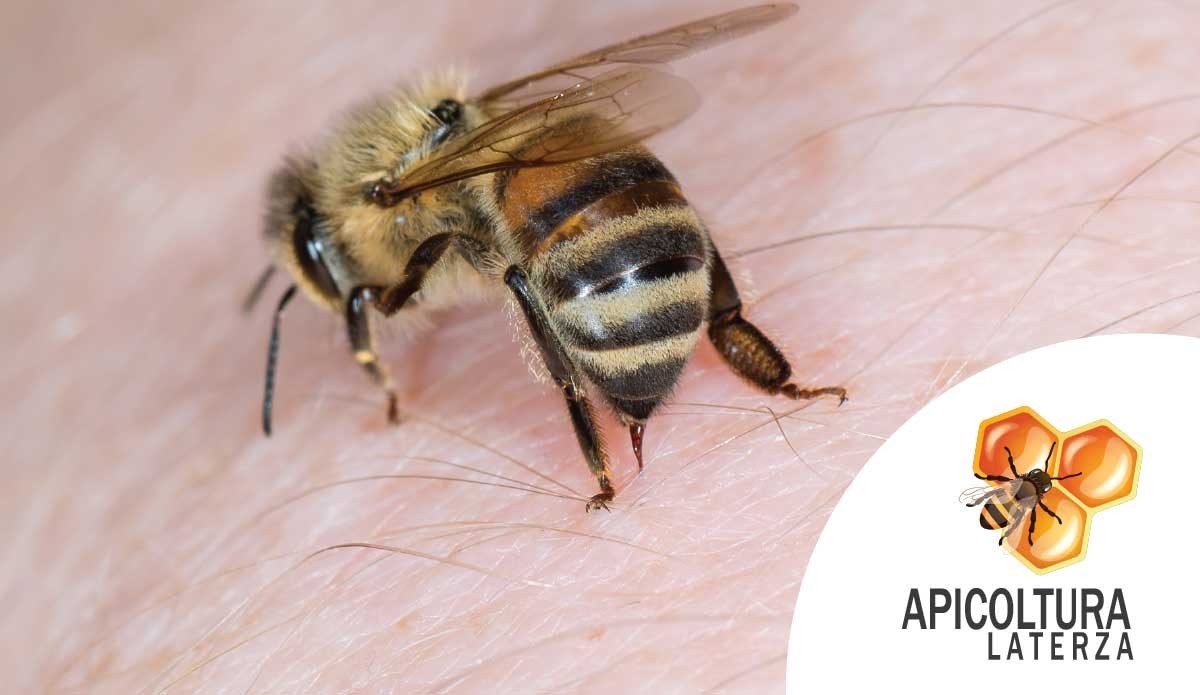Why are bees disappearing?

Depopulation of bee colonies: why does this happen?
The number of bees on the planet is drastically decreasing. The numbers speak for themselves: in recent years in Europe alone, hives have decreased by more than 50%.
The data recorded in the last period have shown that the presence of bees in the world is significantly reducing. Even beekeepers have had to deal with the phenomenon of depopulation which has weakened many bee families belonging to farms.
But why are bees disappearing? The reasons for this death can be traced back to causes coming from the human being. Let's find out what they are and how we can intervene to deal with this important problem.
Climate change and intensive agriculture

The weakening of bees is closely related to pollution. to global warming and human bad behavior. Undoubtedly, intensive agriculture and the use of chemical pesticides have caused irreversible damage to the environment, creating an ecosystem that is less and less suitable for the life of bees.
The use of chemicals, herbicides and harmful agents constitutes a danger for both honey bees and wild bees.
Many plant species that bees get their nourishment from have grown in very limited numbers. The shortage of food available did not allow the bees to meet their biological needs and the swarms were unable to survive. Furthermore, the weakening of the bees has made them more prone to the development of diseases and attack by parasites.
Bees find themselves in a habitat less and less favorable to their settlement.
Arrival of new predators
Another big problem that has created strong alarmism especially for beekeepers is the arrival of new predators .
Aggressive insects such as the Velutina wasp or the Asian giant hornet have destroyed hundreds of hives. These predators from other parts of the world have completely destroyed most of the native species.
This problem has a significant biological impact since predators could destabilize all the balance of the ecosystem.

Even in Italy the cases of wasp velutina have created many inconveniences in the farms, so much so that beekeepers have tried to build traps and devices to capture these aggressive species.
In the case of the Mandarinia wasp (Asian hornet), predators of this species have attacked entire hives of bees, feeding on their larvae and decapitating all the members of the colony .
Being predators that bees are not used to colliding with, swarms have found it difficult to defend themselves mainly due to the large size of the hornets.
Importance of bees: a chain reaction
What would happen if bees went extinct ? The answer is that we humans would also be at risk!
Bees are responsible for around a third of the world's food available. We're talking about 35% of all our food sources… that's a lot!
The problem would therefore not only be a reduction in honey production but, the entire ecosystem of the Planet would begin to degenerate.
There are more than 20,000 different species of bees. Among these, the Apis Mellifera species is the one that mostly carries out the work of pollination.
If bees didn't do this, plants and flowers wouldn't be able to reproduce. Consequently, even many herbivorous animals would not be able to find enough food to survive and the number of animals would also decrease. What would result would be an impressive shortage of food that would fail to meet the needs of the entire planet.
Scientists from the United States and England have recently been thinking of extreme remedies such as the robot bee, a $ 10 million project. On the other side of the world, China is testing new techniques in which bee pollination is replaced day after day by manual pollination of flowers.
Obviously these are projects that would not be able to compensate for the work of bees that are involved in pollinating millions and millions of flowers during their existence. An inimitable job that man would never be able to achieve with the same efficiency.
The lack of pollination in natural and agricultural environments results in a lack or reduced reproduction of plants, in the lack of formation of seeds and fruits. According to various scholars, "if bees disappeared humanity would only have 4 years of life left".
Safeguarding the life of bees and all other pollinating insects is therefore very important.
Helping the bees to survive
Lately the theme relating to the protection of bees has been at the center of attention. To help these wonderful insects you can intervene by planting specific plant species from which the bees take nectar.
Some species "friendly to bees" are: Facelia, Calendula, Vetch, Lupinella, Alfalfa, Coriander, Cumin, Dill, Borage, Rosemary, Thyme, Lavender, Sulla, Sunflower, Mallow and many others.
Obviously, an important step would be to embrace organic farming and move towards an eco-sustainable choice. Eliminating the use of chemicals has a strong impact on solving the environmental problem we are in.
Are you a beekeeper? Buy queen bees online
If you are a beekeeper and you need bees for your farm, here's how to buy bees online .
Apicoltura Laterza has been involved for years in the production and sale of virgin and fertile queen bees . We breed Buckfast and Ligustica queen bees. Among our products you will also find cores , swarms and bee packs .
We ship quickly through professional methods and suitable means of transportation. Our vans equipped with refrigerated cells preserve the well-being of bees.
Add the product to your cart and buy online in just a few clicks. Or, Contact us!






